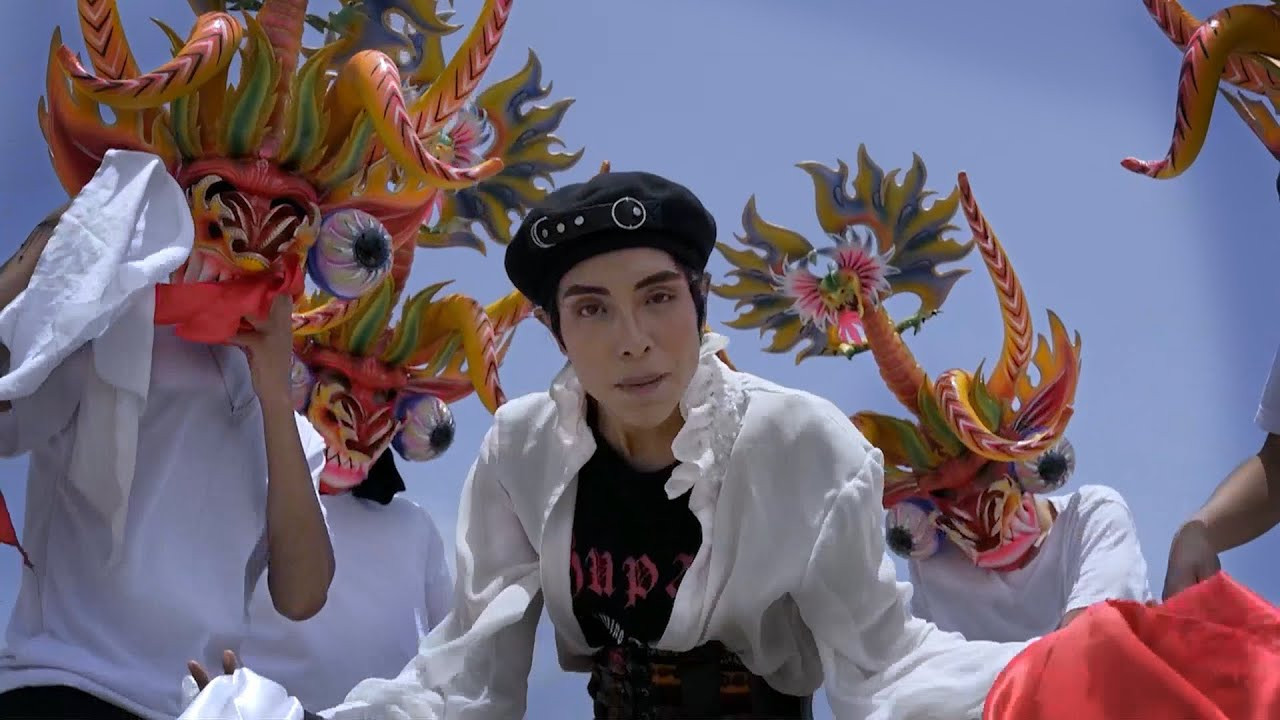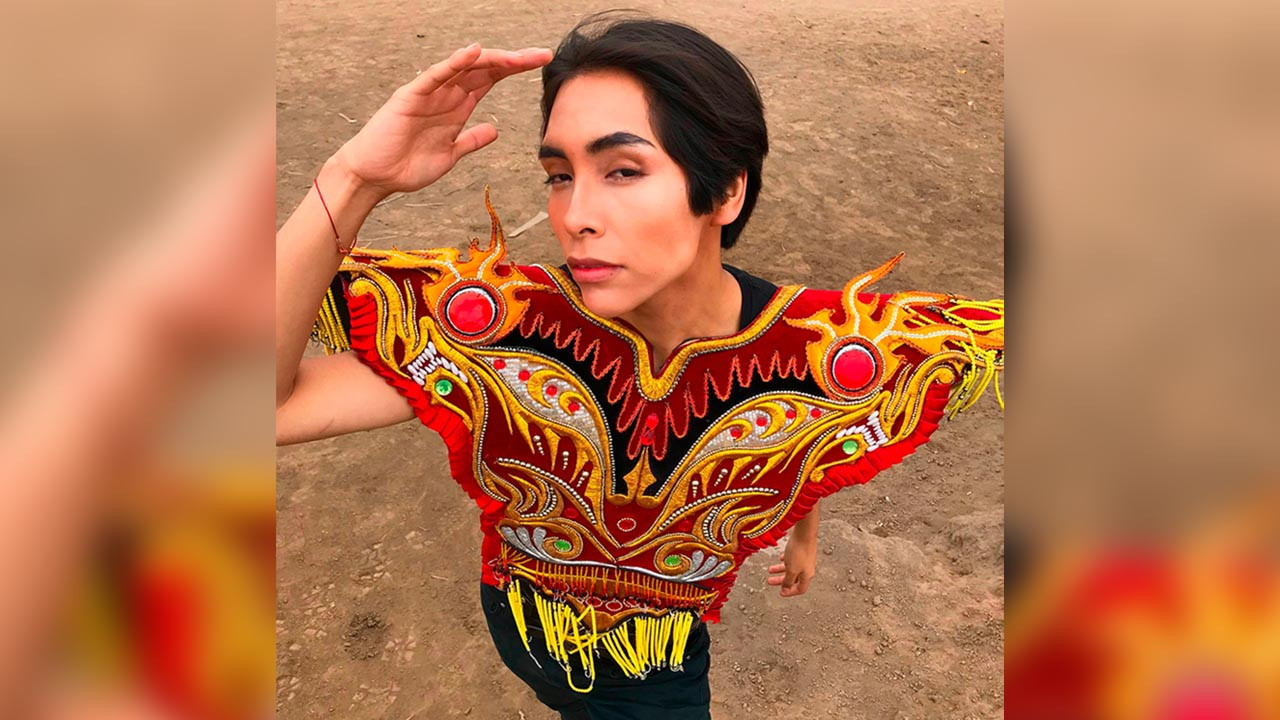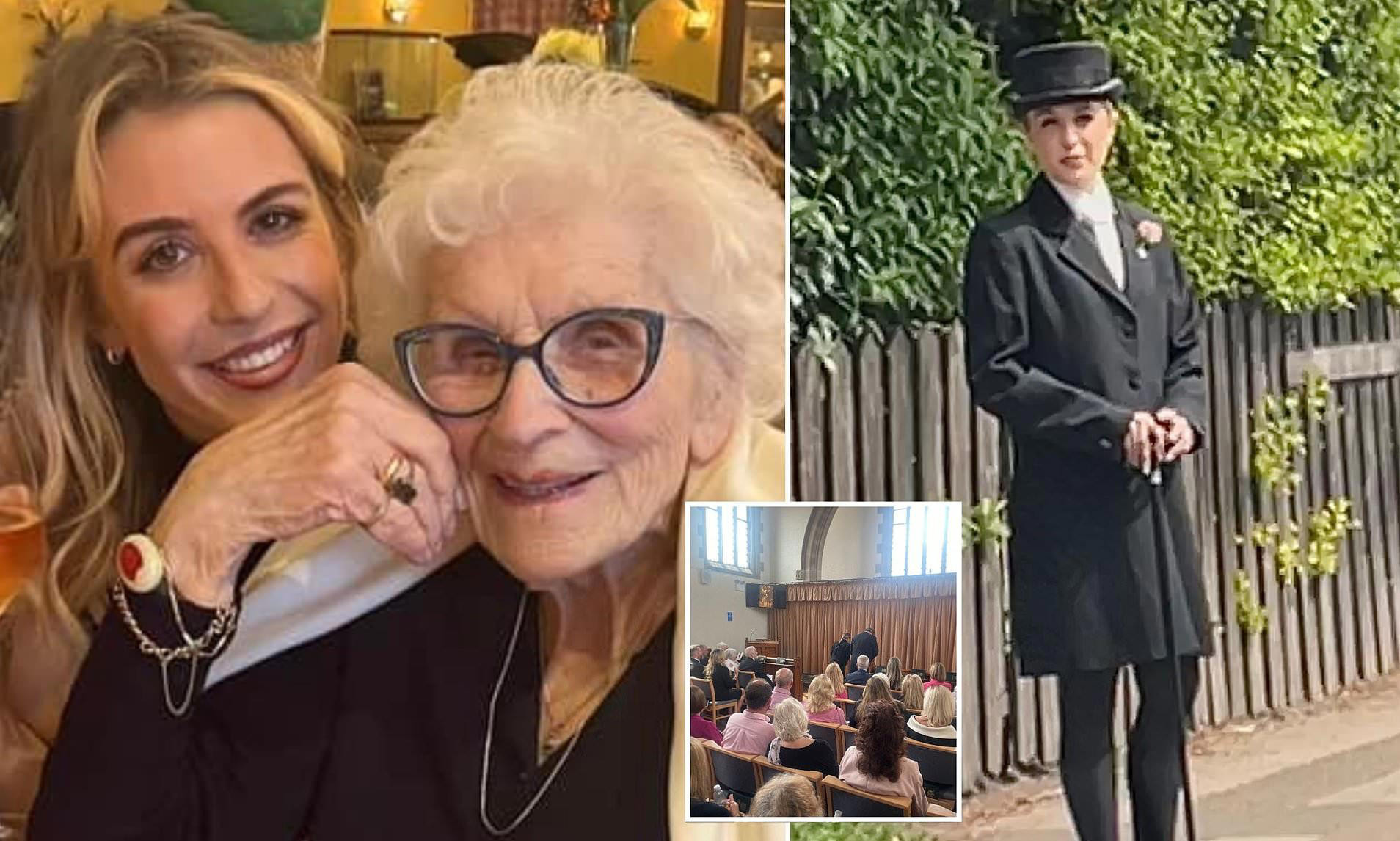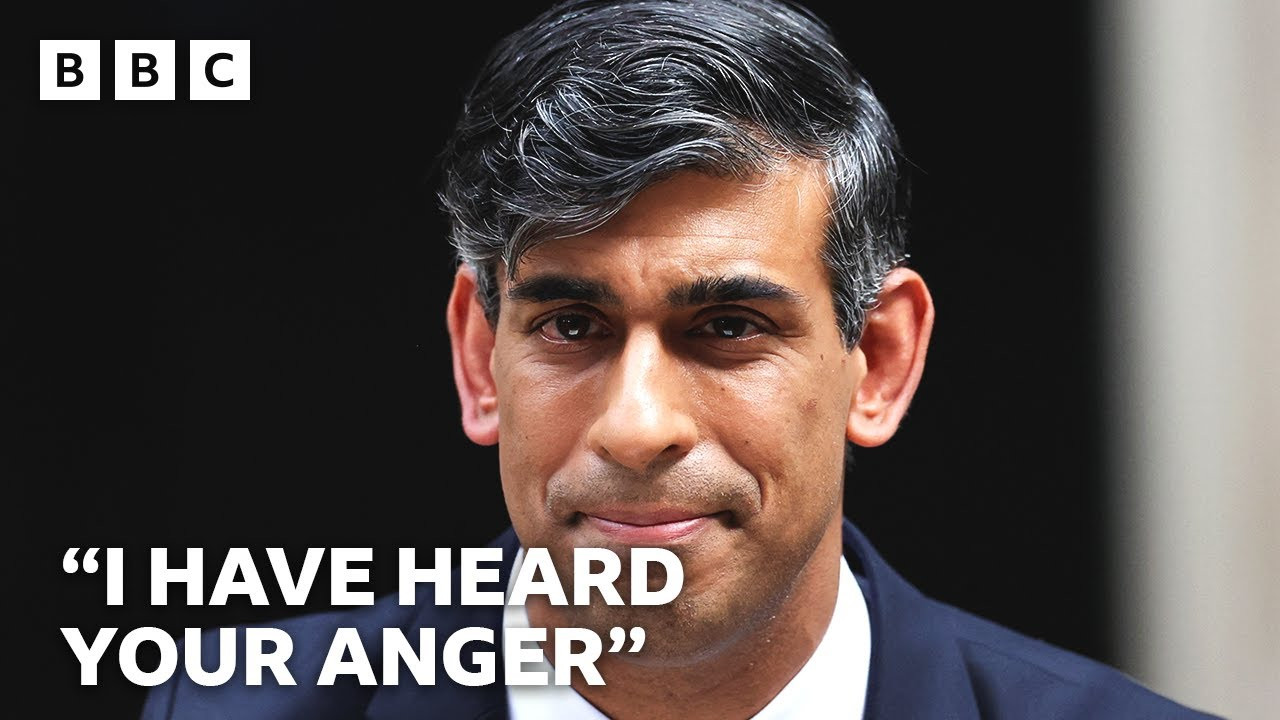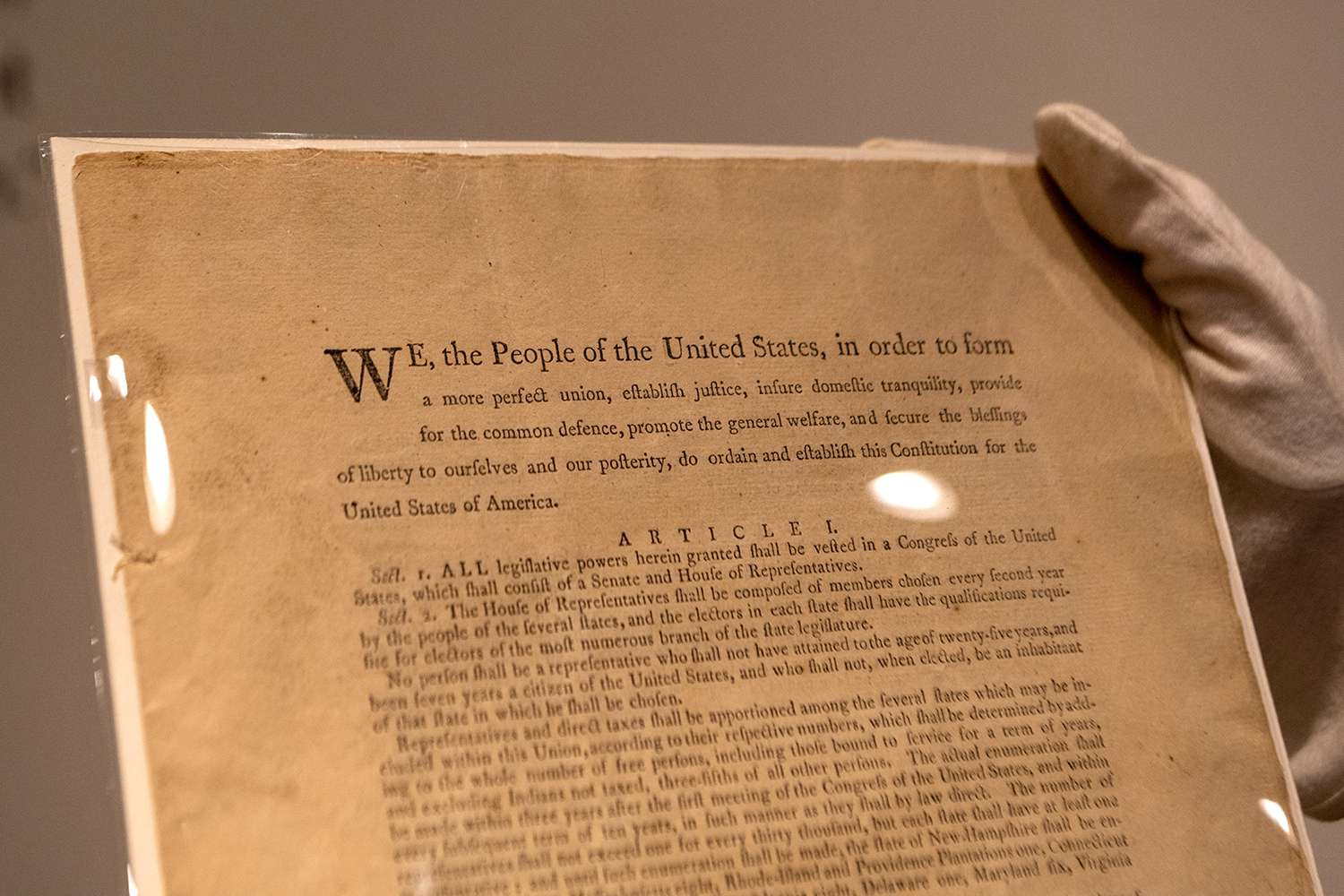Quechua's Musical Revolution: A Global Spread of Indigenous Culture and Empowerment
It's not Spanish, and it's not Latin. Quechua is a language all its own, spoken by around 10 million people in countries like Peru and Colombia. But today, the vibrant sounds of Quechua music are transcending geographical boundaries, reaching audiences far beyond the Andes. Artists are blending traditional Quechua rhythms with contemporary genres like rap, hip-hop, and even K-pop, creating a new wave of music that's gaining global recognition and empowering Indigenous communities.
The Power of Music in Preserving Culture
Sisa Quispe, a fluent Quechua speaker, highlights the importance of music in preserving Indigenous culture. She explains that Quechua is an oral language, and its history and traditions are passed down through songs and stories. Music is deeply embedded in Quechua culture, acting as a powerful tool for preserving traditions and strengthening cultural identity.
Renata Flores: Queen of Quechua Rap
One artist who has become a symbol of this musical revolution is Renata Flores. At just 23 years old, she has captured the attention of the world with her captivating blend of Quechua and hip-hop. Flores' journey began with a viral cover of Michael Jackson's iconic song, "The Way You Make Me Feel." The song's reimagining in Quechua quickly garnered attention, propelling Flores into the spotlight.
Flores' success goes beyond viral hits. She has become a voice for empowerment and cultural pride within the Quechua community. She uses her music to speak her truth, address social issues, and challenge stereotypes that often surround Indigenous cultures.
Breaking Down Barriers and Challenging Stereotypes
The emergence of artists like Flores is challenging the notion that Quechua is a marginalized language. Their music is a testament to the vibrant cultural heritage of the Quechua people and a powerful message of resilience and empowerment. Flores, alongside other artists like Liberato Kani and Lenin Tamayo, are proving that Quechua is not only a language of pride but also a language of creativity and innovation.
The Rise of Q-Pop: Blending Traditions with Modern Sounds
The Quechua music scene is not limited to rap and hip-hop. Artists like Lenin Tamayo are bringing a unique fusion of K-pop and Quechua to the global stage. Tamayo's music reflects the evolving landscape of Quechua culture, blending traditional elements with contemporary sounds to create a captivating and unique musical experience.
A Global Movement of Indigenous Voices
The increasing popularity of Quechua music represents a larger trend of Indigenous voices finding platforms for expression and recognition. Artists are using their music to connect with their heritage, challenge stereotypes, and inspire a new generation of Indigenous youth to embrace their identity. These artists are not just creating music; they are creating a movement, showcasing the power of culture and language to transcend borders and inspire change.
Quechua's Musical Legacy: A Future of Innovation and Empowerment
The impact of artists like Renata Flores, Liberato Kani, and Lenin Tamayo extends beyond the music itself. They are paving the way for a new generation of artists to express themselves authentically and contribute to the cultural vibrancy of the Quechua community. The future of Quechua music is bright, fueled by innovation, empowerment, and a deep connection to heritage.




